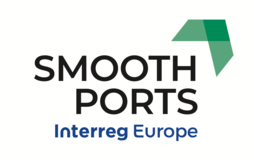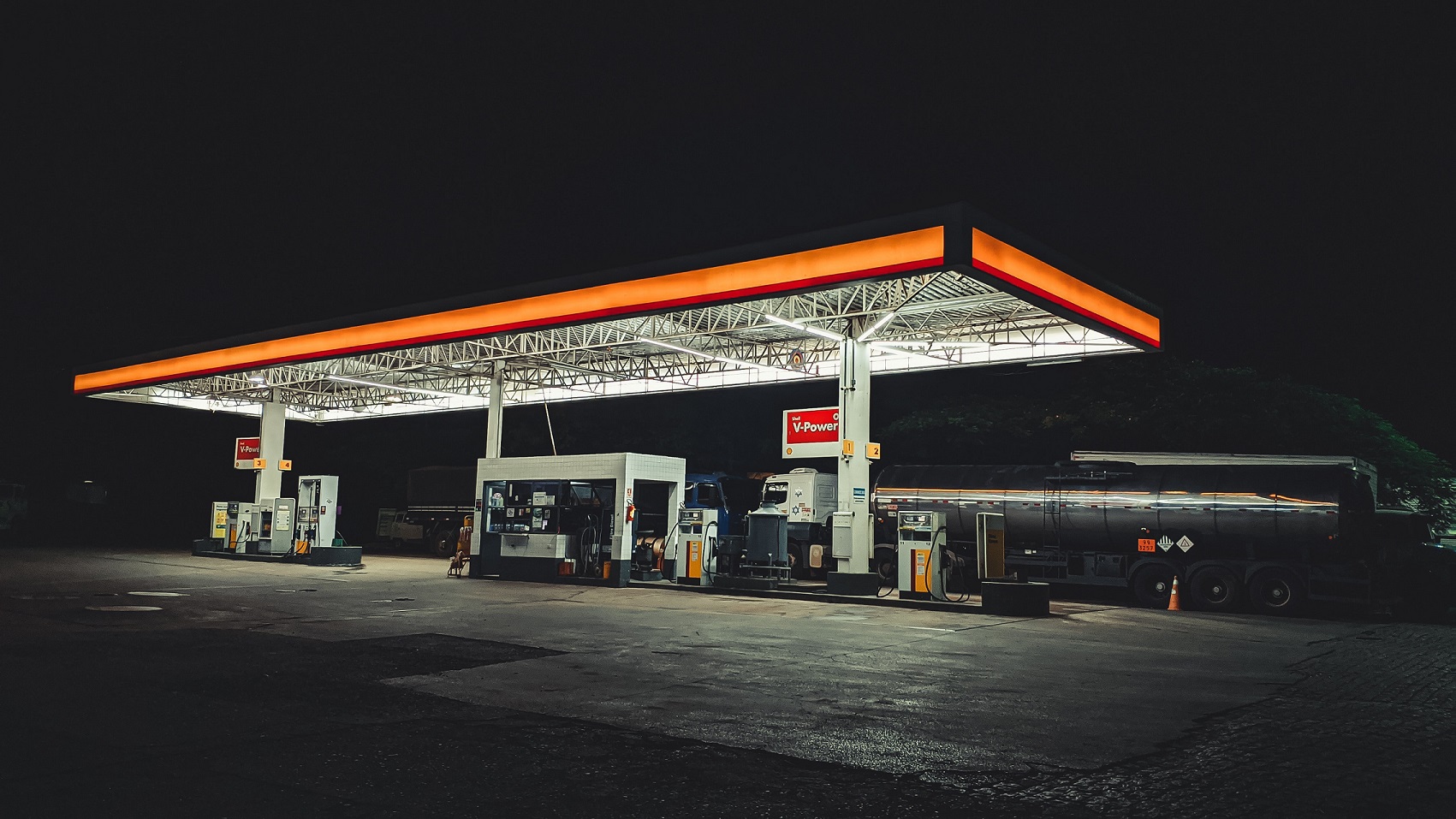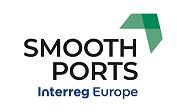On October 21, 2020, a regional meeting in the form of a telephone conference was held in the framework of the Smooth Ports Project, to which the Ministry of Economy and Innovation of the Free and Hanseatic City of Hamburg invited representatives of the local stakeholder group.
Besides the current project status, the focus of the meeting was primarily the presentation of the recently completed "Study on the reduction of CO2 Emissions by heavy-duty-vehicles (HDV) in the Port of Hamburg". Due to the ongoing COVID-19 pandemic, project activity slowed down somewhat in spring and summer, but this changed during the year and activities have picked up significantly.
In addition, all stakeholders were invited to participate in a virtual visit to the non-partner port of Antwerp, where the focus was on a presentation of the border checkpoint in Antwerp.
Referring to the project study on the reduction of CO2 emissions by HDV in the Port of Hamburg, Prof. Dr. Jan Ninnemann, Managing Director of Hanseatic Transport Consultancy GmbH, presented the most important results. The bottom line of the study is that the 17,000 entrances of HDV in the port of Hamburg per day result in 45,000,000 driven HDV vehicle kilometres per year. According to estimates by HTC, this leads to CO2 emissions within the six-month period of investigation of approx. 17,500 tons. HTC has also categorized numerous recommendations for action into 12 clusters on four main topics: strategy, modal shift, traffic management and traffic avoidance.
In conclusion, HTC sees the greatest potential for reducing CO2 emissions through HDV in the Port of Hamburg in the measures "Emission Reduction Strategy", "Sustainable Driving", "Support for Technical Development" and "Process Compression".
Depending on the progress of the Smooth Ports project, the next local stakeholder meeting in Hamburg will be organized in spring 2021.
Photo credit: Albin Berlin von Pexels











